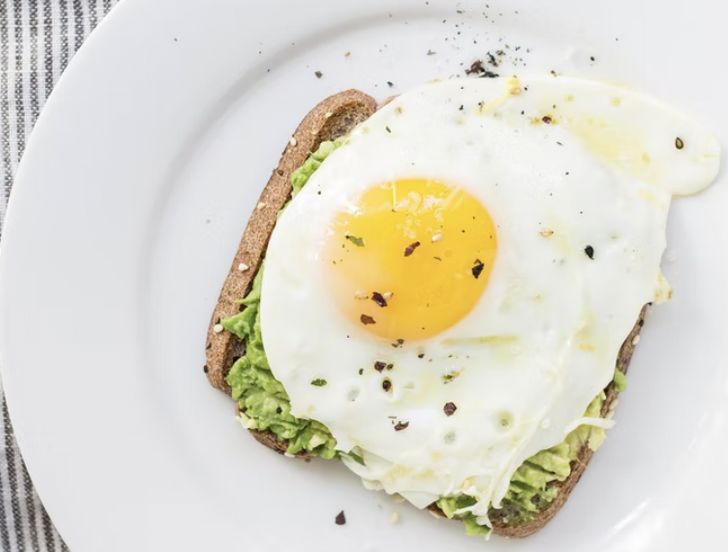
Do Artificial Sweeteners Increase My Risk of Cancer?
Are artificial sweeteners a better choice than added sugars? Not necessarily! There are so many artificial sweeteners on the market ...
Are artificial sweeteners a better choice than added sugars? Not necessarily! There are so many artificial sweeteners on the market and especially in the diet industry! Let’s talk about what the research says when it comes to these popular additives.
Aspartame and Acesulfame-k
Aspartame and acesulfame-k are two artificial sweeteners commonly found in “diet” foods like diet coke and even in protein bars, sugar-free yogurts and candies.The popular sweetener Equal also contains aspartame. A recent study has just come out revealing a possible link between these sweeteners in particular and cancer risk. These risks were found for breast cancer and obesity related cancers specifically. Although correlation does not necessarily mean causation, we still recommended keeping artificial sweeteners to a minimum.

What Sweetener Should I Use?
Monk fruit sweetener is a sugar alternative that can replace sugar in most recipes and does not seem to have detrimental effects on your health. When reading a nutrition label that reads 0 added sugars, but that tastes sweet, make sure to read the ingredient list. Monk fruit is not found in many products and you are more likely to see sweeteners like aspartame and acesulfame-k. Sucralose and stevia are also very popular, and although they were not mentioned for significance in the study, they still have conflicting evidence about whether or not they harm your health! You can purchase monk fruit sweetener on its own to use in place of sugar in baking or even in your morning coffee.
How About Real Sugar?
When it comes to real sugar, less is more. We rather you opt for a product with under 7 grams of added sugar rather than consuming large amounts of artificial sweeteners on a daily basis! The diet industry feeds off of our fears of added sugar, but in doing so it profits off of selling “diet” foods filled with artificial sweeteners that we don’t need. Aim to keep daily added sugar totals under 10% of daily caloric intake to avoid health complications. Honey is one of our go-to sugar sources since it contains many health benefits. For example, it has probiotics in it!
At the end of the day, anything in excess is usually not a good thing! Research on artificial sweeteners is new and continuously evolving, but from what we have seen, it is best to limit your intake. Be mindful of the foods you put into your body and remember to read ingredient lists to know what is in your food.
This article was written by Lindsey Moser, nutrition intern. Fact checked by Allison Tallman RD.

